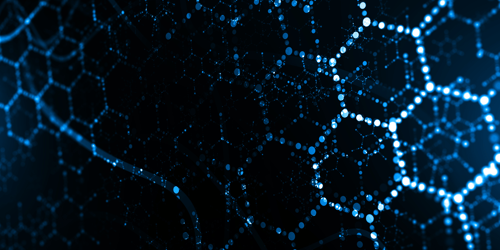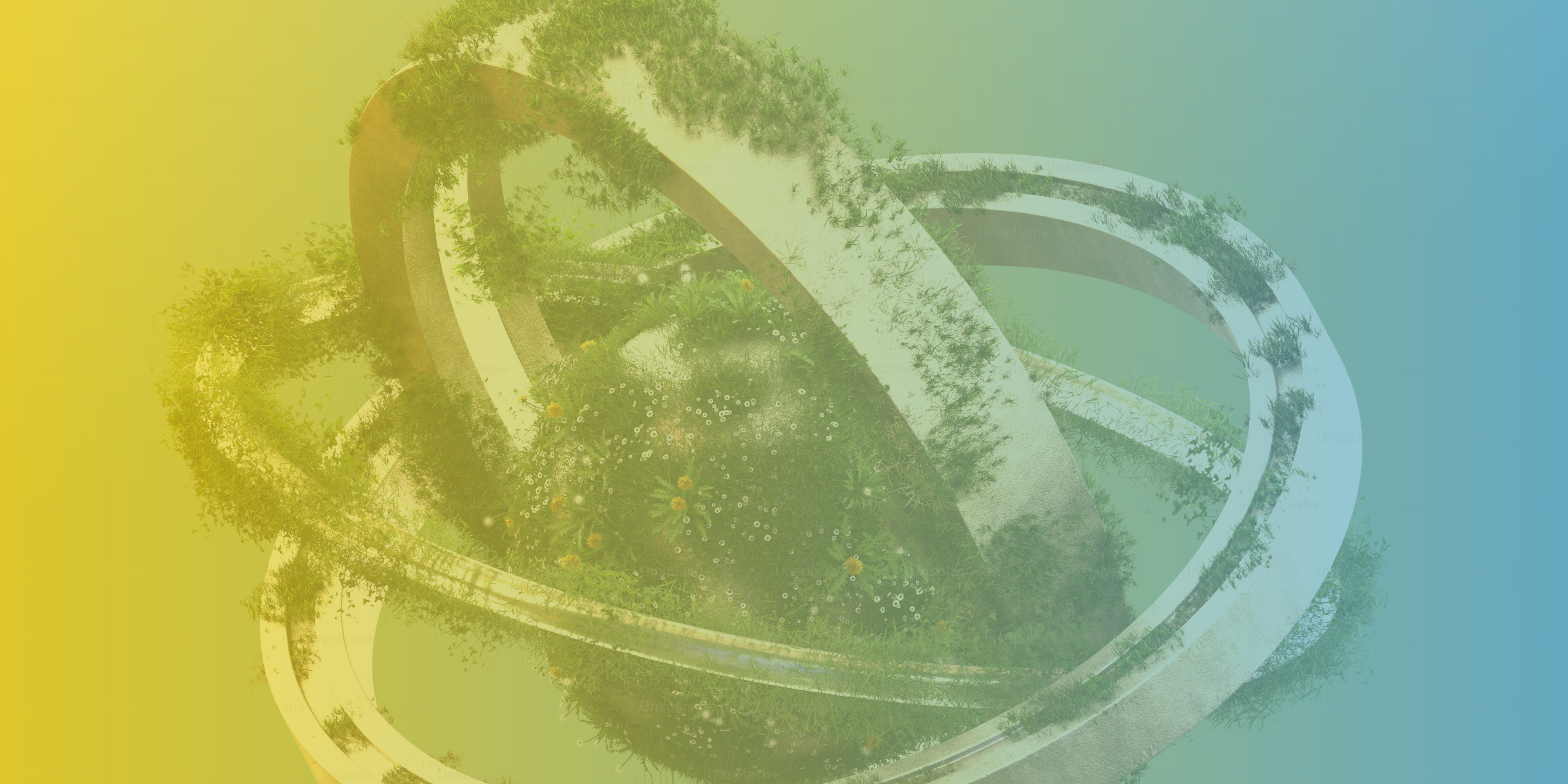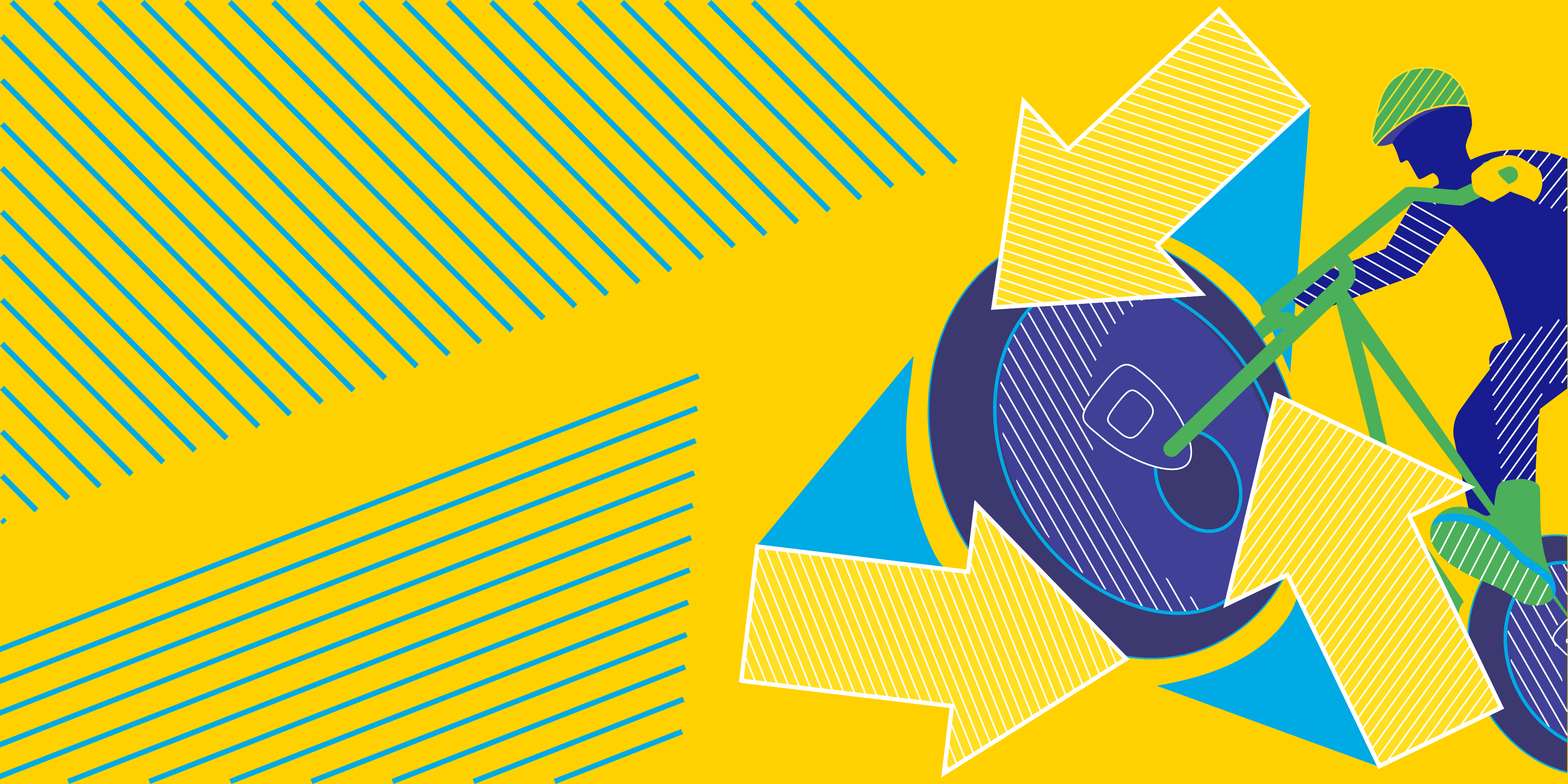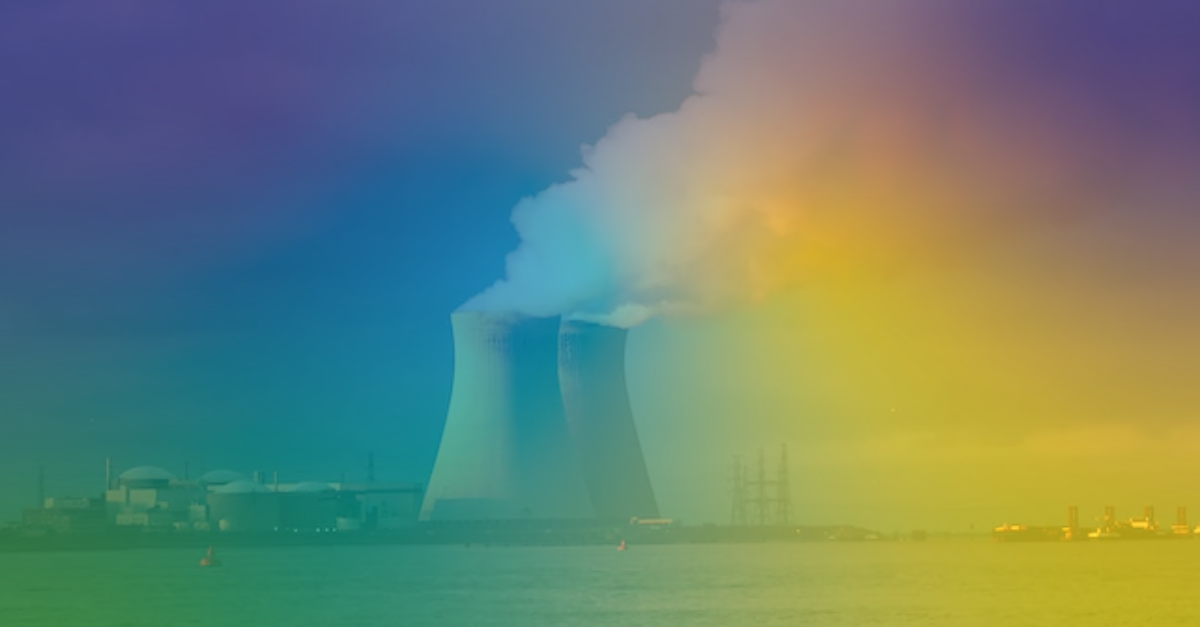Transitioning to a decarbonised economy

The media attention on loadshedding has tended to blur the much larger crisis facing the power sector – namely, that South Africa is still very heavily reliant on “dirty” fuel for its power. And to be honest, this needs focus – more fresh thinking is required – where the answers may well be found in Nature.
South Africans emitted 7.34 tons of carbon (MtC) per capita in 2021, making it the continent’s worst offender in terms of climate change contribution. Unsurprising, given that South Africa is one of the largest economies in Africa. However, this also means that we should be far more obliged to take a long hard look at the nation’s fuel choices – especially when it comes to energy generation.
In 2021, coal accounted for 84.4% of South Africa's electricity production, according to the Ember report. While there is no shortage of accessible coal, with figures from a recent Eskom fact sheet suggesting that the country has estimated coal reserves of 53 billion tonnes, or enough for around 200 years at current consumption rates.
However, the issue here is not merely one of fuel supply, but the impact of relying so heavily on fossil fuels.
According to South Africa: The Good News the carbon emission figures (as well as the fact that South Africa releases some 1.6 million tonnes of sulphur into the atmosphere annually) point to the existence of an energy crisis that needs to be urgently addressed – and we know that the transition to green energy sources and a low-carbon economy is the way forward.
Of course, this transition to a decarbonised economy will require the full participation of the electricity sector. And while much of the energy transition debate has focused on the potential of solar energy - the contribution that applying something like biomimicry principles hasn’t received the attention it deserves.
So, what is biomimicry?
Well, biomimicry allows innovators to design and produce materials, structures, and systems which are modelled on biological entities and processes. Many believe it could help solve design challenges - sustainably - and in ways that are aligned with ecosystem viability. Just like nature does.
And in fact, when applied effectively, biomimicry can also inspire better waste management tool designs, and infrastructure, with solutions, where waste can be transformed into a value-added product and can help in the fight against global warming.
Some examples of where Interwaste is already applying circular economy and natural principles for treating and processing organic waste instead of disposing it to landfill are through bioremediation and anaerobic digestion. We are also exploring black soldier fly farming.
Bio-remediation is a treatment method that makes use of the inherent, natural ability of certain micro-organisms (e.g. bacteria and fungus) to degrade / mineralize organic contaminants into carbon dioxide, water, inorganic compounds, microbial cell proteins and other simple organic compounds. This is due to the specific enzyme systems contained in certain micro-organisms that allow for their utilisation of hydrocarbons as a source of carbon and energy.
Black Soldier Fly (BSF) farming is a rapidly growing biotechnology with the fastest conversion ratio of food/ or organic waste into feed protein and other by-products. It is viewed as an important technology for the future diversion of organic waste from landfill to create a more sustainable circular economy. BSF farmers and producers are using various organic waste feedstock to grow larvae. The harvested BSF larvae are dried and used as animal feed with a 40% protein and 30% fat content on average. This process also generates other by products like the frass, with moderate concentrations of nitrogen, phosphorus and potassium ideal for purposes of organic fertilizer.
Anaerobic digestion is a globally proven and well-known waste-to-energy technology. To harness the energy from organic waste, waste is fed into anaerobic digesters and the methane-rich, combustible gas which is produced through bio-digestion can be used to generate electricity. This is a perfect example of nature helping nature.
The anaerobic platform also diverts organic waste from landfill disposal, which in turn reduces the release of harmful greenhouse gases. With methane gas creating only half the amount of carbon-dioxide as coal, per Megawatts (MW) generated, this type of alternative proves to be a good case as a sustainable alternative to traditional fuels for electricity generation.
Thanks to anaerobic digestion technology, waste can now form a fundamental part of the fuel value chain – and help to reduce reliance on coal-powered electricity for smaller entities – as well as contribute to a more sustainable model for electricity supply.
So, you see, there are real alternatives to sustainable energy generation and can truly help the energy crisis facing South Africa – we just need more focus and collaboration to make it a reality.




SUBMIT YOUR COMMENT